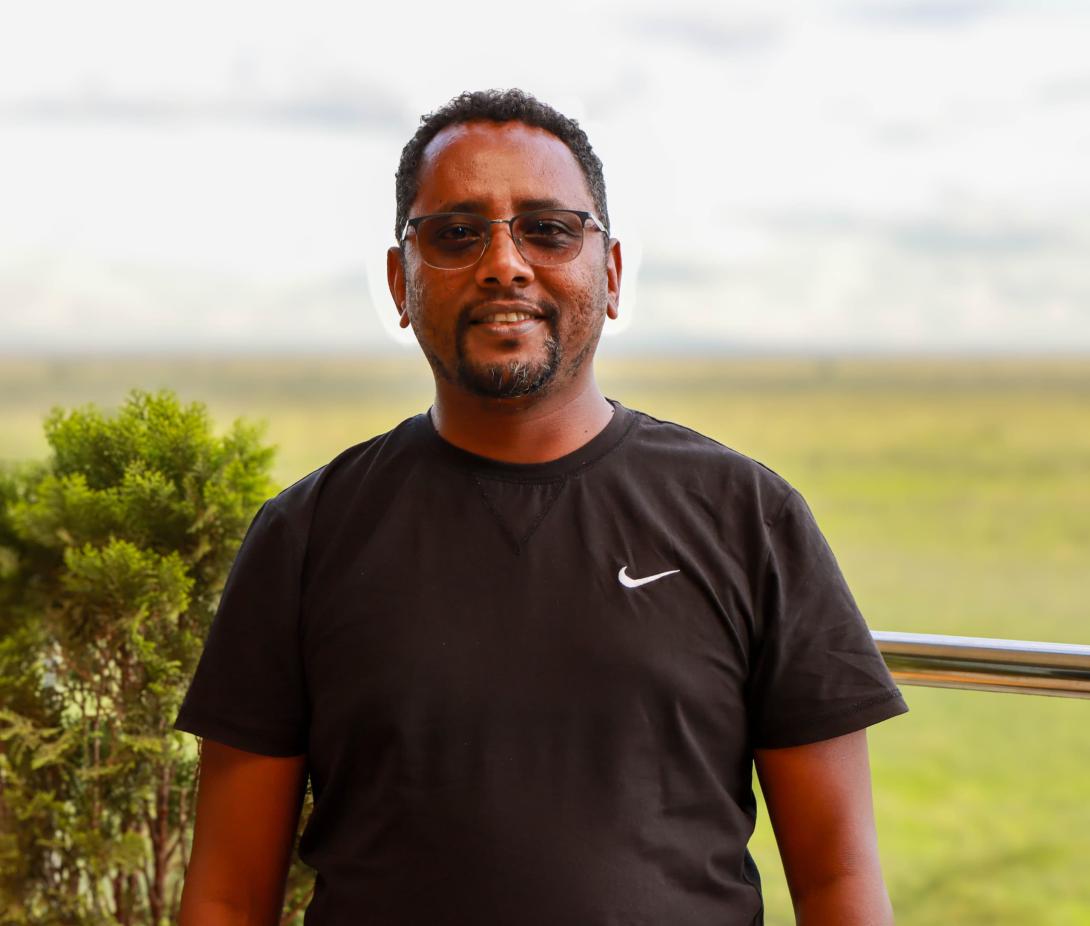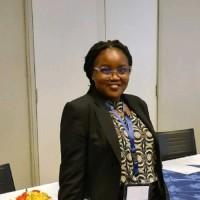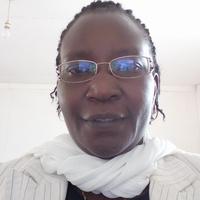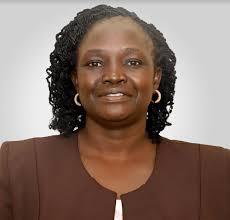Gender Equality and Inclusion: Transformative solutions for gender equality in climate affected food, land, and water systems
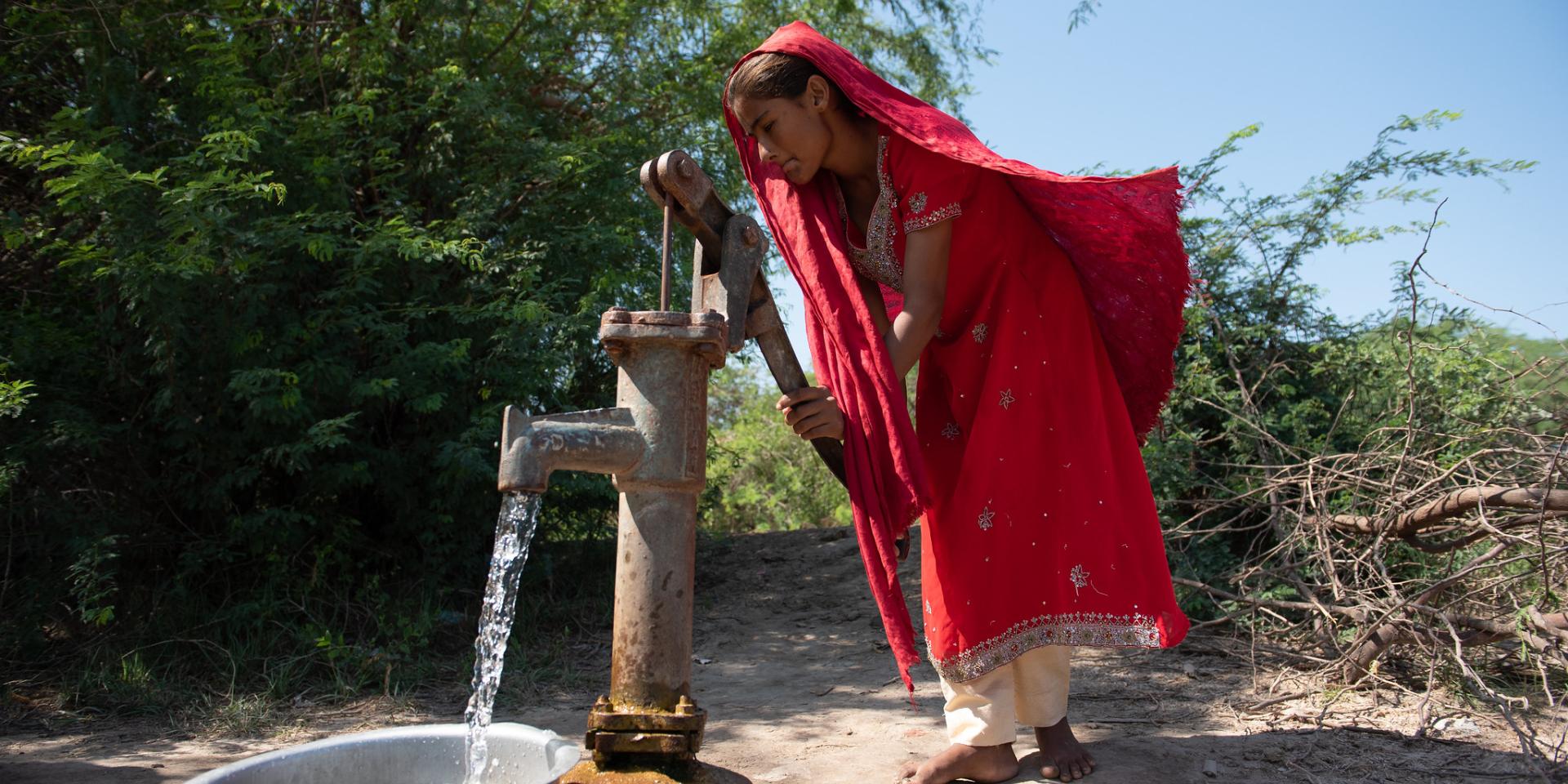 Photo: Muhammad Usman Ghani / IWMI
Photo: Muhammad Usman Ghani / IWMI
CGIAR institutions and partners have generated new evidence and co-designed innovative solutions to enhance gender equality and boost climate resilience in food, land and water systems (FLWS) in low- and middle-income countries.
With an eye toward how they can shape future research agendas, this gender equality and inclusion themed side event at CGIAR Science Week will showcase a selection of recent research centered around 1) Gender, climate change, and resilience; 2) gender transformative approaches that challenge restrictive gender norms; and 3) women’s leadership and influence in governance of FLWS.
Add the event to your calendar here
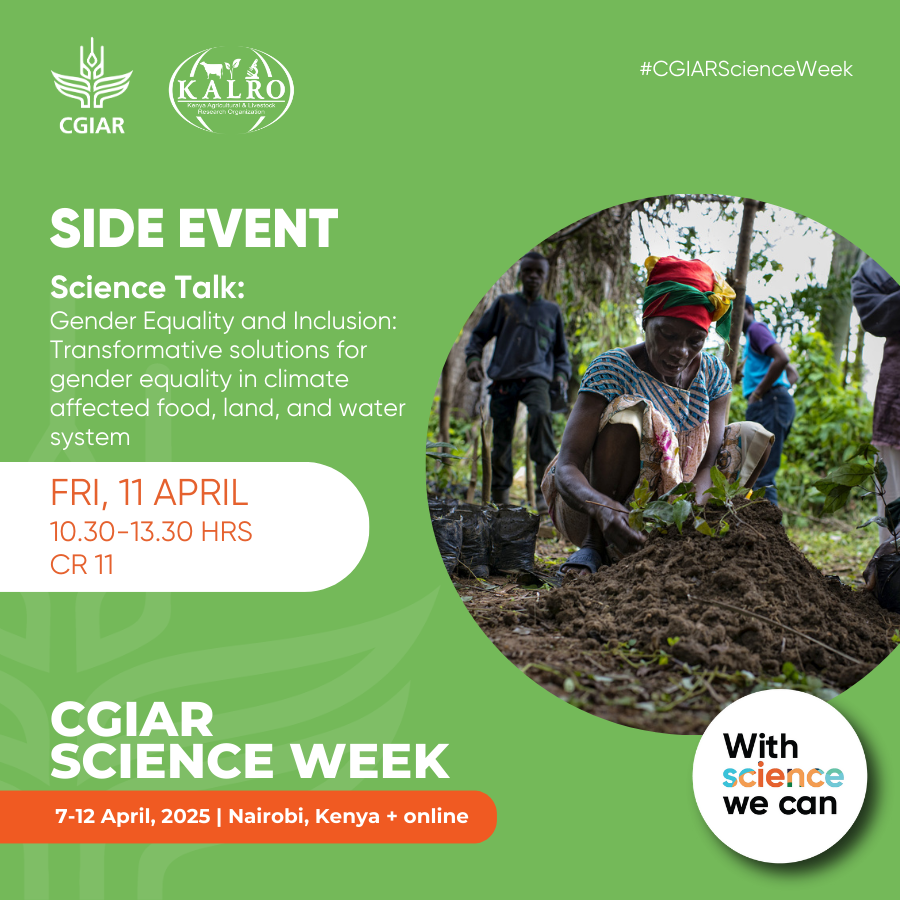
The event will highlight the importance of innovative, gender-transformative interventions and multidimensional programs in overcoming structural barriers to gender equality in agrifood systems, particularly amid climate change. It will be structured in three parts:
The first session on Gender, Climate Change, and resilience will set the stage by emphasizing the importance of the gender, climate change and resilience nexus and gender-responsive climate-smart agriculture (CSA). It will then showcase an interactive map of how climate or vulnerability hotspots exacerbate gender inequalities in multiple countries in the global South. The session will also share how integrating socio-technical innovation bundles (STIBs) in our projects in Kenya, Ethiopia and India have built resilience, empowerment and food security of men, women and young farmers.
The second session will highlight the potential of gender transformative approaches (GTAs) for fostering more gender-equal agrifood systems. First, we will showcase how the Gender Action Learning System supported conservation agriculture adoption in East and Southern Africa, and how HER+, the CGIAR Initiative on Gender Equality, co-designed GTAs to address restrictive gender norms across cassava, fisheries, and poultry value chains in Tanzania and Nigeria. We will share results from a GT intervention carried out under a partnership with ActionAid Nigeria to enhance rural women’s voice and agency in their communities through trainings of women and of their husbands . We will discuss GTAs for securing women’s resource rights in Africa and lessons from implementing both GTAs and gender accommodative approaches in the livestock sector in Northern Ghana.
The final session on women’s leadership and governance will highlight the approach and lessons of the NEXUS Gains’ Innovation on the Water-Energy-Food-Ecosystem (WEFE) nexus leadership in Nepal, which supported emerging women leaders to develop their capacities on WEFE nexus concepts, tools, analytics, advocacy and negotiation skills to drive transformative change for managing FLWS holistically. This session will also feature a discussion with key partners about the work on climate change and the livelihoods of the fisher communities in the Lake Victoria Zone Region, which led to women’s empowerment through the provision of climate-smart fish handling, processing and preservation equipment and the adoption of a gender sensitive lens in the Homa-Bay fisheries and aquaculture policy. AWARD’s director will share AWARD’s experiences of supporting women’s leadership in AR4D and training AWARD fellows in the use of the Women’s Empowerment in Agrifood Governance (WEAGov) Assessment Framework, developed by HER+, in policy innovation projects.
Speakers
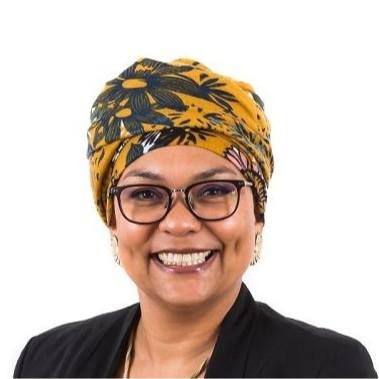
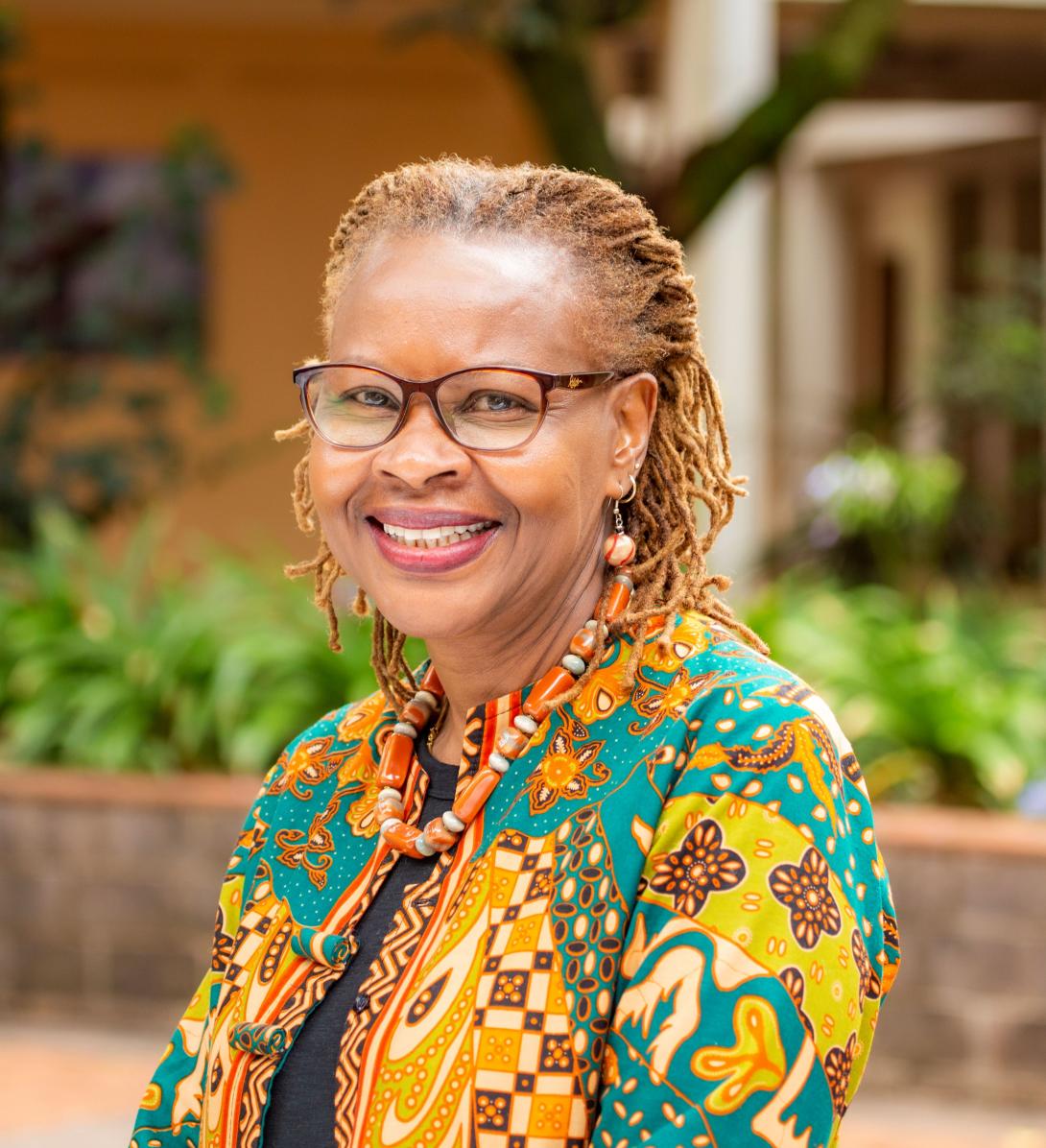
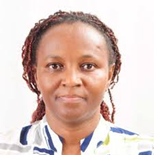
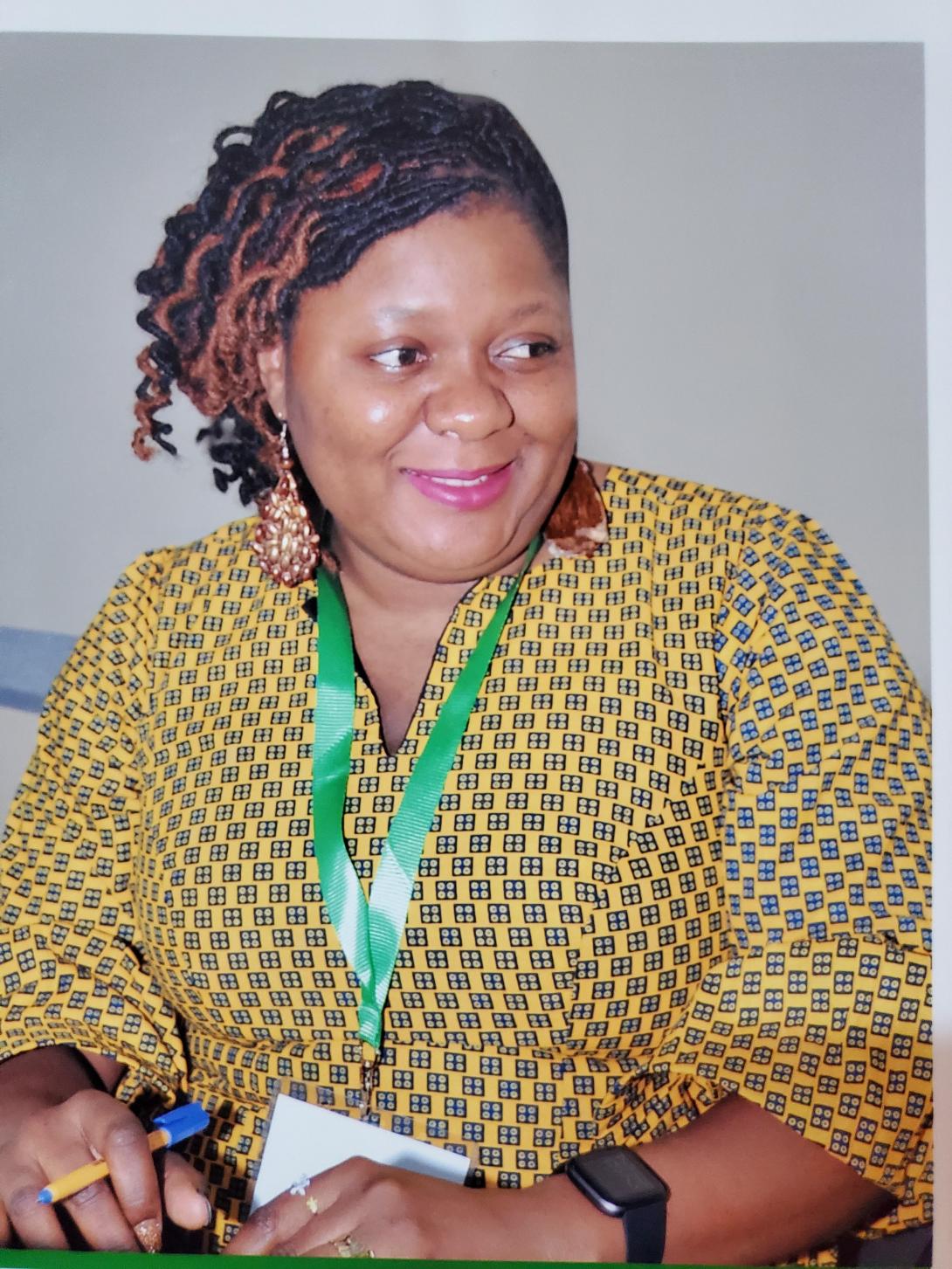
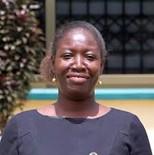
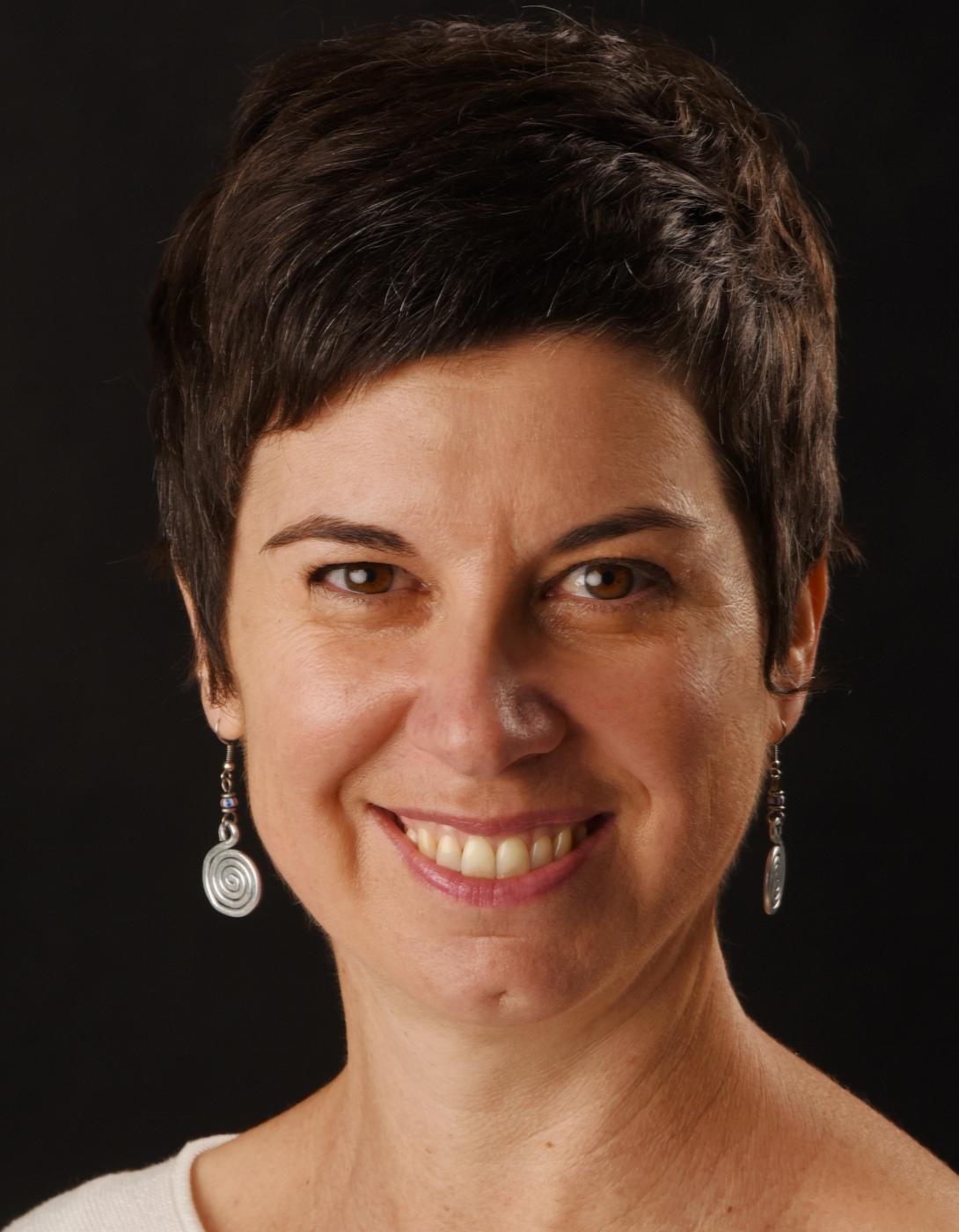
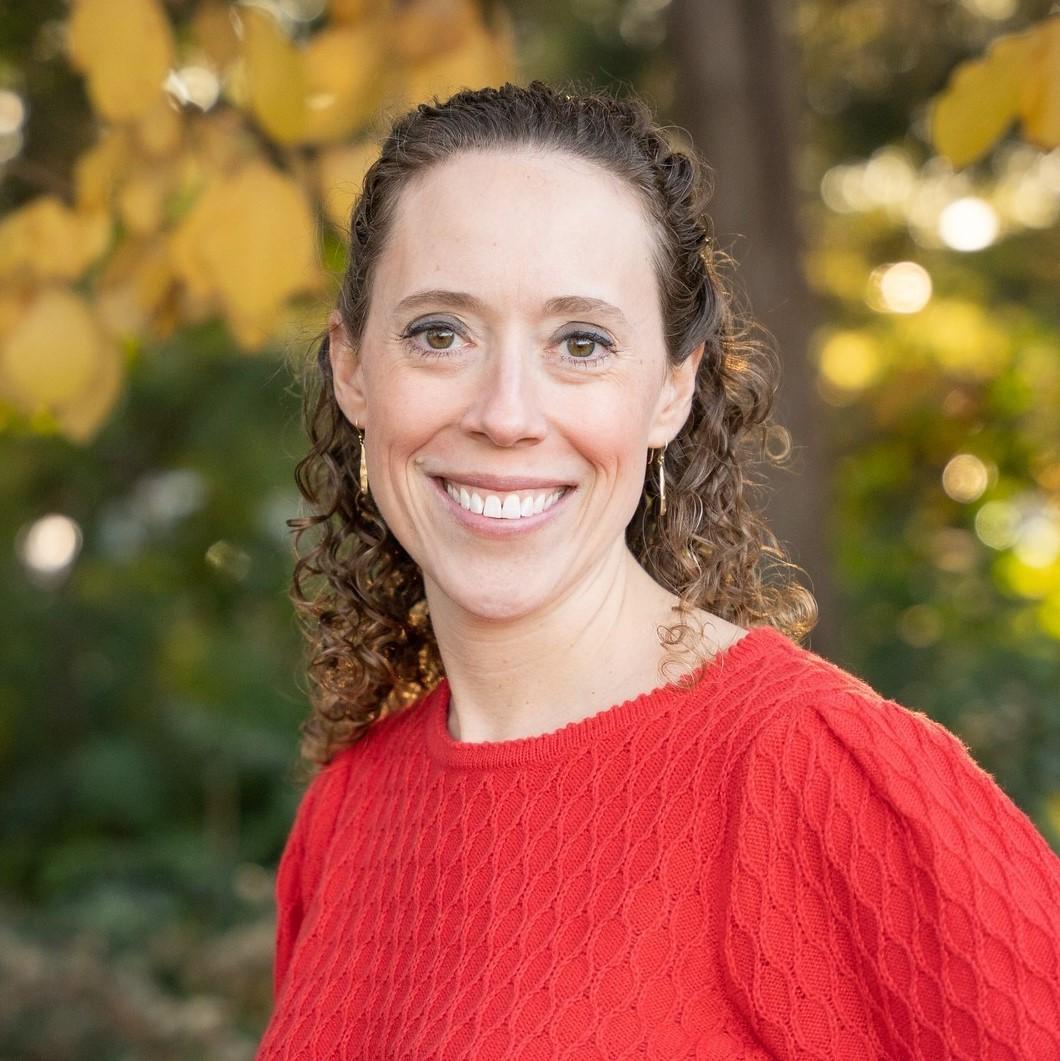

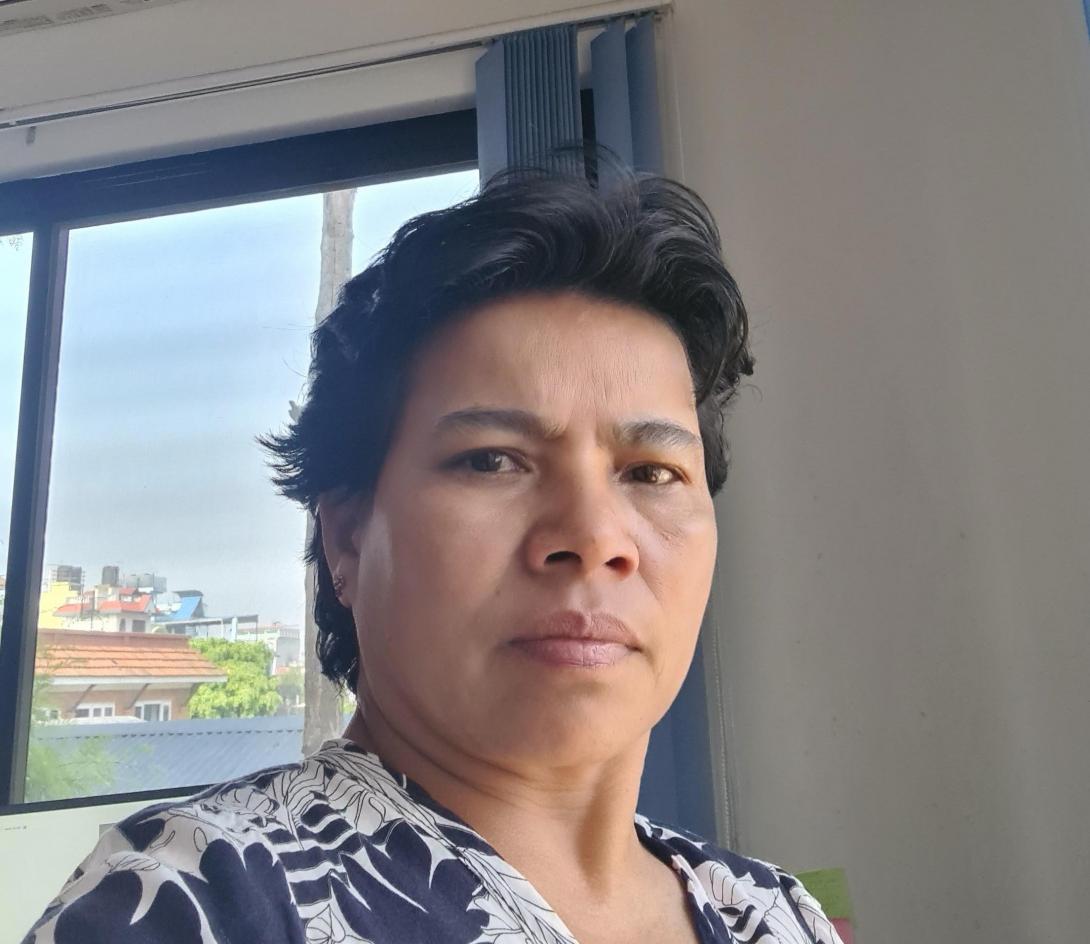
Manohara Khadka
Senior Researcher and Country Representative, Nepal International Water Management Institute (IWMI)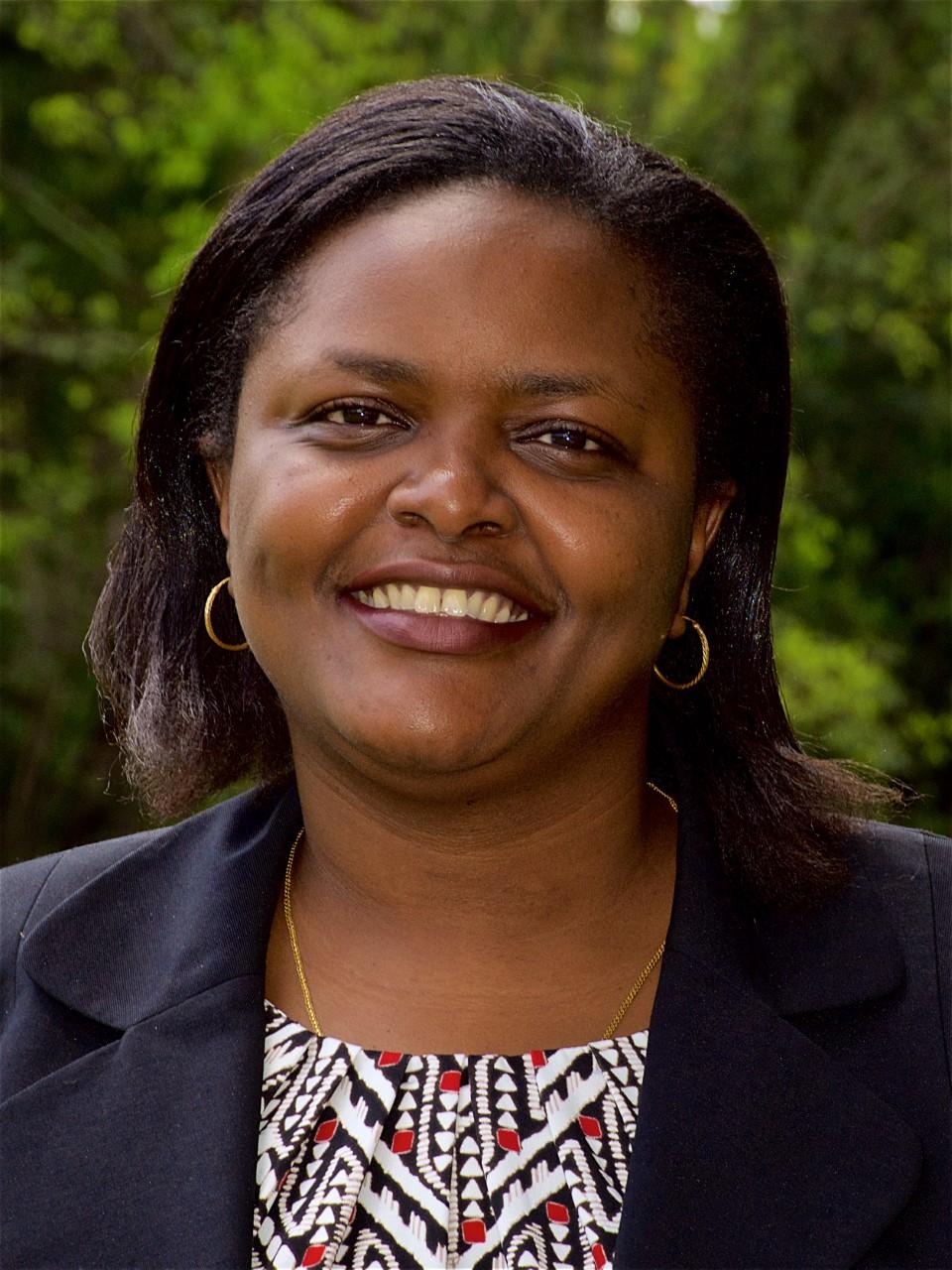
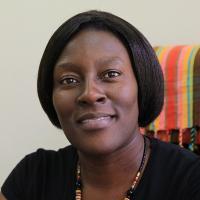
Annet Abenakyo Mulema
Science officer, ILRI
Jackline Makokha
National Gender and Climate Change Focal Point for Kenya State Department for Gender and Affirmative Action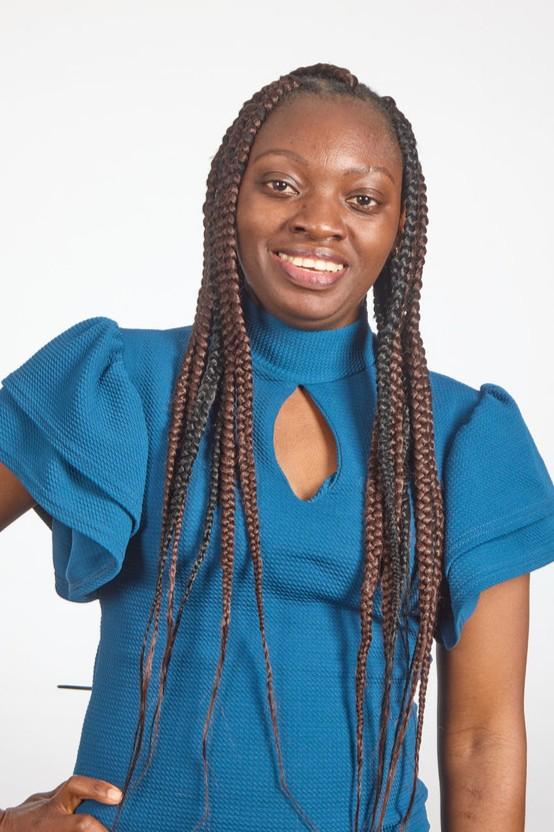
Ojongetakah Enokenwa-Baa
Postdoctoral Fellow - Gender and Social Inclusion (GESI) Agribusiness International Water Management Institute (IWMI)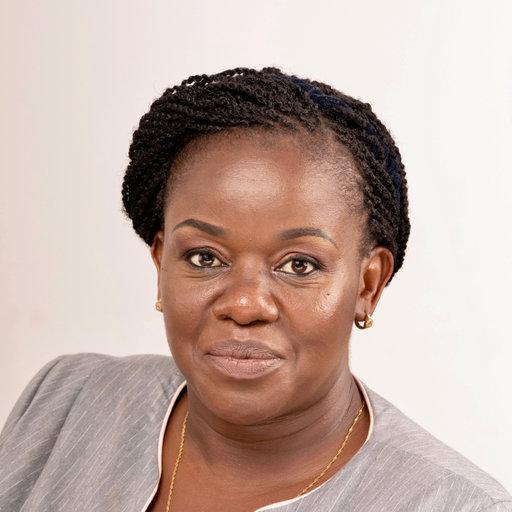
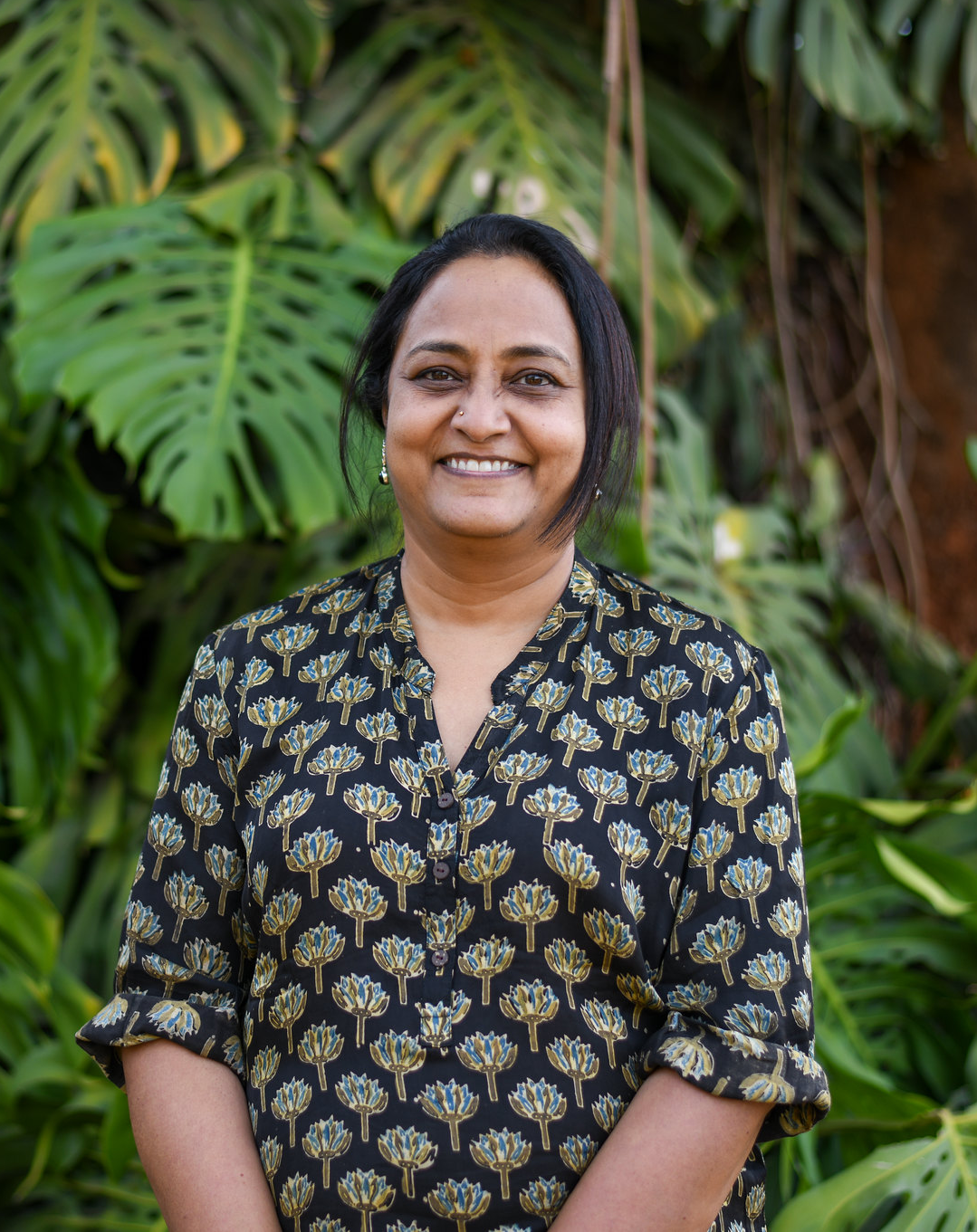
Ranjitha Puskur
Evidence Module Leader; Gender research coordinator International Rice Research Institute (IRRI)